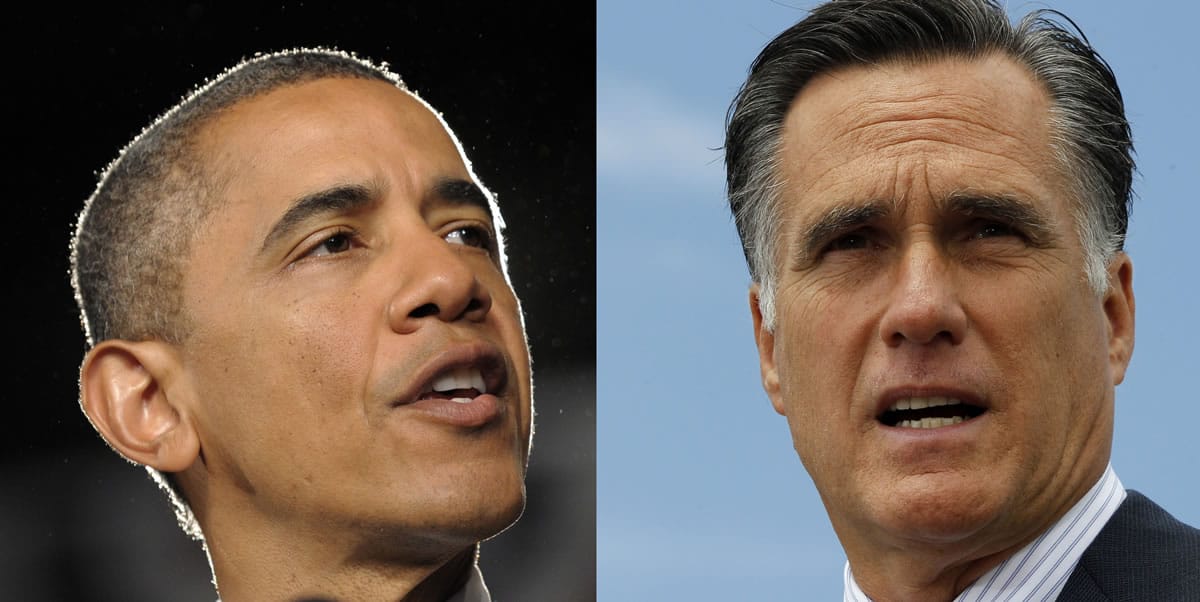It’s no secret that some very rich people support the super PACs and other groups that have inundated the 2012 campaign with unlimited sums of cash. But a study to be released Thursday details the extent to which this kind of donating is the sport of the One Percent.
Just 47 people account for more than half (57.1 percent) of the $230 million raised by super PACs from individual donors, according to the study by U.S. Public Interest Research Group (U.S. PIRG) and Demos, two liberal research and advocacy organizations. Just over 1,000 donors giving $10,000 or more were responsible for 94 percent of the money raised.
“One might think of today’s outside spending groups as megaphones for moguls and millionaires,” write co-authors Blair Bowie and Adam Lioz. “The more money they pump in, the louder they’re able to amplify their voices – until a relatively few wealthy individuals and interests are dominating our public square, drowning out the rest of us.”
Republican-aligned super PACs such as Restore Our Future and American Crossroads, in concert with other conservative groups, have spent more than $144 million on television ads supporting Mitt Romney in swing states. Democratic super PACs such as Priorities USA, Majority PAC and House Majority PAC have yet to raise or spend anywhere near that amount but have been actively collecting big checks.



